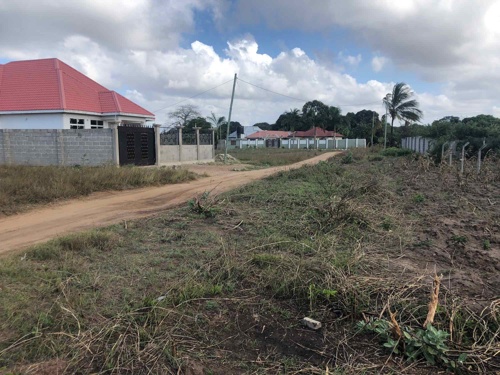The conversion of over 45,000 hectares of Acholi Sub-region’s government land to private ownership has triggered alarm, signaling a potential crisis in public land stewardship. The Ministry of Lands’ report sheds light on a disturbing trend where individuals have amassed over 158,100 hectares through leasehold and freehold titles, raising questions about the integrity of land administration.
From 1968 to 2023, 213 titles have been issued on government land, totaling 158,175.98 hectares, with a significant portion as freehold. Prof Jack Nyeko Penmogi, the acting chair of the Uganda Land Commission, has underscored the legal breach this represents, promising swift action to annul such titles.
The distribution of titles, particularly in Gulu District, highlights a pattern of concentrated land ownership that could have far-reaching consequences for regional equity and social justice. The Acholi Sub-region, with its vast 2.8 million hectares, now sees a complex tapestry of 5,494 land titles, dominated by leasehold arrangements.
This situation not only reflects the challenges of post-conflict land distribution but also the pressing need for a balanced approach to land management that honors the rights of local communities while preserving public interests.
The concerns raised by Mr. Otinga Otto Atuka, deputy paramount chief of the Acholi chiefdom, about the aggressive posturing of the National Forestry Authority and the National Environment Management Authority, point to a deeper conflict between environmental conservation and community livelihoods. The case of Pabbo Sub-county’s forest reserve settlers, who are now asserting ownership and seeking titles, epitomizes the urgent need for a harmonized land policy that navigates the delicate balance between development and sustainability.
In essence, the unfolding land ownership saga in the Acholi Sub-region is a microcosm of the broader challenges facing land governance in Uganda, demanding a concerted effort to forge a path towards inclusive and responsible land use.






